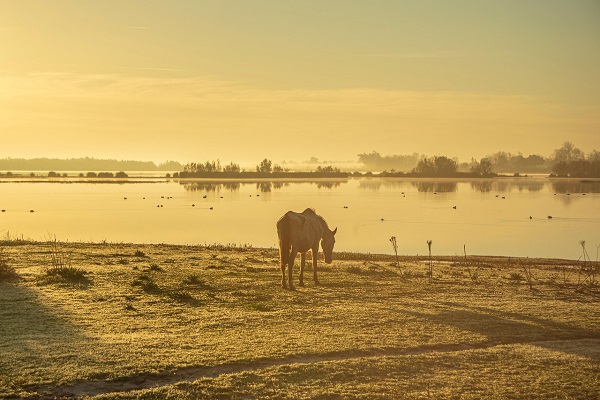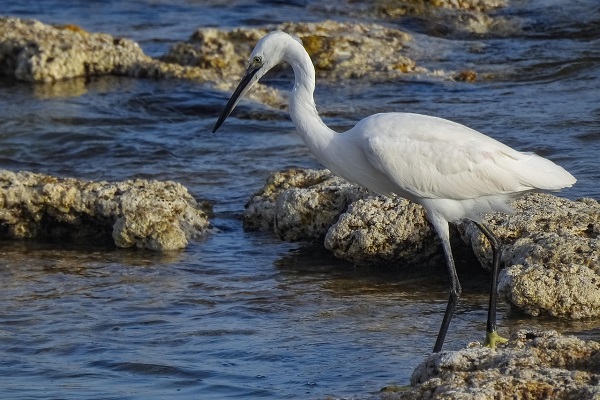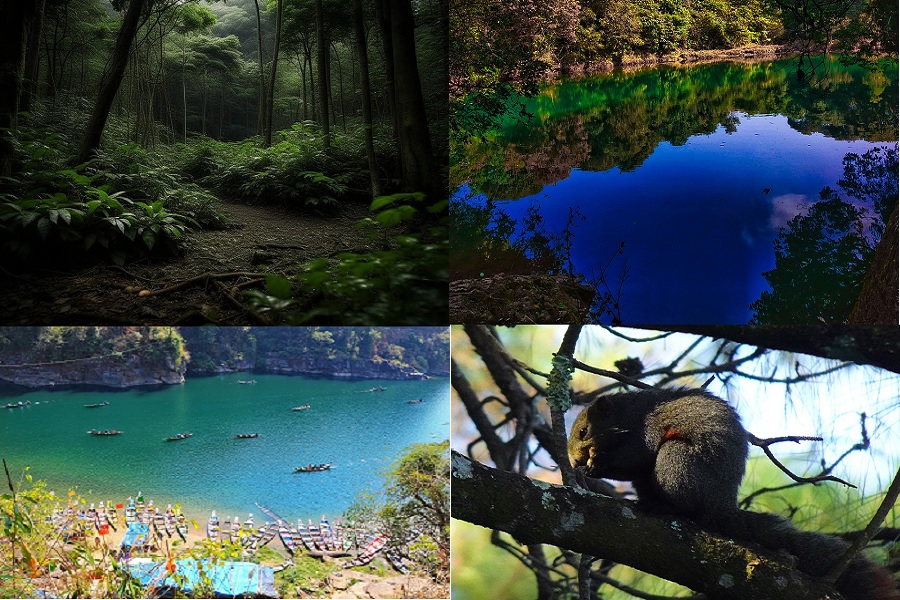Ecotourism Travel: A Sustainable Way to Explore the World

Ecotourism is an increasingly popular form of travel that focuses on sustainability, conservation, and a deep respect for the environment. It offers travelers the opportunity to explore the natural world while helping to preserve it for future generations. As the world faces growing environmental challenges, ecotourism presents a way to enjoy the beauty of our planet responsibly, with an emphasis on minimizing the ecological footprint.
What is Ecotourism?
Ecotourism is travel that is consciously oriented toward preserving natural environments, conserving biodiversity, and supporting local communities. It encourages travelers to engage in low-impact activities, respect local cultures, and contribute to the conservation of natural resources. Unlike traditional mass tourism, which can often contribute to environmental degradation, ecotourism focuses on sustainability, eco-friendly practices, and responsible behavior.
The Key Principles of Ecotourism
-
Environmental Conservation: At its core, ecotourism aims to minimize environmental damage. This includes reducing waste, conserving water, and supporting wildlife protection initiatives. Sustainable tourism practices such as using renewable energy, reducing plastic waste, and supporting eco-friendly accommodations are all part of this effort.
-
Cultural Respect: Ecotourism promotes respect for local cultures and communities. Travelers are encouraged to learn about indigenous traditions, support local businesses, and interact with communities in a way that fosters mutual respect and understanding.
-
Economic Benefit for Local Communities: One of the key goals of ecotourism is to provide economic opportunities for local people. By spending money on local guides, accommodations, and services, tourists contribute to the financial well-being of the region they visit. This helps local communities thrive without resorting to environmentally damaging industries.
-
Education and Awareness: Ecotourism also emphasizes educating travelers about the natural world, wildlife, and conservation efforts. By increasing awareness about environmental issues and sustainable practices, ecotourists can become more responsible travelers and advocates for conservation.
Popular Ecotourism Destinations
Several destinations worldwide are known for their commitment to ecotourism, offering unique experiences that allow visitors to connect with nature while promoting sustainability.
-
Costa Rica: Known for its biodiversity, Costa Rica is a prime example of ecotourism in action. From its lush rainforests to pristine beaches, the country has an extensive network of national parks and wildlife reserves. Costa Rica’s ecotourism initiatives focus on conservation, with a strong emphasis on eco-friendly accommodations, nature tours, and wildlife protection.
-
Kenya: As the home of some of Africa’s most iconic wildlife, including elephants, lions, and rhinos, Kenya offers ecotourism experiences such as safaris that contribute directly to wildlife conservation efforts. Many of the country’s national parks and reserves, such as the Maasai Mara and Amboseli, use eco-tourism models to ensure sustainable wildlife management and community involvement.
-
New Zealand: Known for its pristine landscapes, New Zealand has become a popular destination for ecotourism, with activities like hiking, wildlife watching, and geothermal experiences. The country is committed to maintaining its natural beauty, with initiatives to reduce carbon emissions, promote renewable energy, and protect its unique ecosystems.
-
Bhutan: Bhutan has long been a leader in sustainable tourism. The country’s "High Value, Low Impact" tourism policy ensures that only a limited number of visitors are allowed each year, helping to preserve its natural and cultural heritage. Ecotourism in Bhutan is centered around its pristine landscapes, sacred monasteries, and commitment to carbon neutrality.
-
Norway: Norway's stunning fjords, northern lights, and vast wilderness make it an ideal destination for ecotourism. The country focuses on sustainability, promoting responsible travel to its national parks, forests, and coastal regions. Eco-friendly accommodations, electric vehicle transportation, and renewable energy are common in many tourist areas.
How to Travel Responsibly in Ecotourism
Travelers looking to explore ecotourism should follow a few basic guidelines to ensure they are making a positive impact:
-
Minimize Waste: Carry reusable items like water bottles, bags, and cutlery to avoid contributing to plastic waste. Choose eco-friendly products and make sure to dispose of trash responsibly.
-
Respect Wildlife: Keep a safe distance from animals and avoid disrupting their natural behavior. Follow local guidelines for responsible wildlife viewing to help protect endangered species.
-
Choose Sustainable Accommodations: Opt for accommodations that prioritize eco-friendly practices such as energy efficiency, water conservation, and waste reduction. Many eco-lodges and hotels offer sustainability certifications and implement green practices.
-
Support Local Businesses: Spend money in local communities by shopping locally, eating at locally-owned restaurants, and hiring local guides. This ensures that the economic benefits of tourism stay within the community and support local livelihoods.
-
Educate Yourself: Learn about the destination’s natural environment, culture, and conservation efforts. Understanding local issues allows you to make more informed and responsible choices during your trip.
The Future of Ecotourism
As awareness about environmental issues grows, the demand for sustainable and eco-friendly travel options is expected to continue rising. Advances in technology, such as electric vehicles and renewable energy solutions, will likely make ecotourism even more accessible and sustainable in the future. Additionally, many governments and businesses are recognizing the value of responsible tourism, leading to more investment in conservation programs and sustainable travel infrastructure.
Ecotourism offers a unique way to explore the world while contributing to its protection. By choosing to travel responsibly, we can enjoy the beauty of nature and help preserve it for future generations. Whether you're hiking through a rainforest, spotting wildlife on safari, or learning about indigenous cultures, ecotourism provides enriching experiences that benefit both the traveler and the planet.
.jpg)























